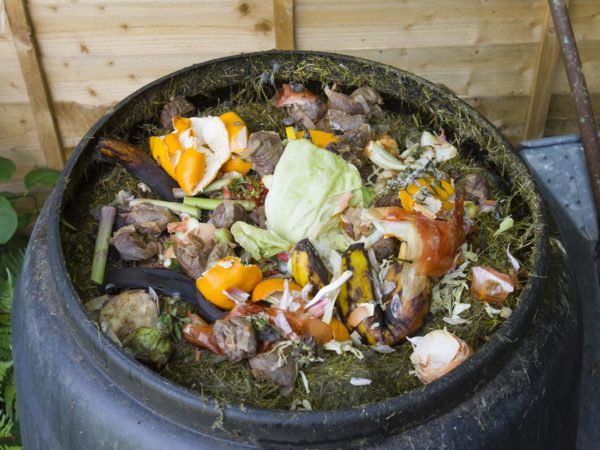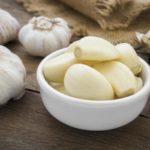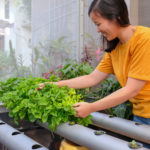Organic Gardening: Creating a Compost

One way to reduce problems with pests in your organic garden is if you grow strong, healthy plants that are naturally resistant. This requires improving the soil, which is best done by making your own compost with kitchen vegetable waste and garden clippings. Use only vegetable scraps to keep the compost odor-free and pest-free.
Make sure you’re composting regularly so you’ll have plenty of material to nourish the soil in your garden and promote moisture retention. It’s remarkably easy and requires very little maintenance.
Find a sheltered spot in your backyard and simply layer kitchen vegetable waste in a pile with garden clippings. If you prefer, you can compost in a metal or plastic garbage can. Even the smallest of yards can accommodate a compost container.
To make your own, remove the bottom of the can and puncture holes in the sides. For additional ventilation, raise the can off the ground. Keep your compost moist, and turn the pile occasionally. In six to eight months, you’ll have beautiful, black, organic compost to add to the garden.
Keep in mind that it is best to grow organic vegetables, herbs and flowers that are native to your area. You should be able to find good sources of information at your local garden center. While you’re there, ask about knowledgeable veterans of organic gardening and farming in your area. Every climate has its own special needs and “tricks of the trade.”










